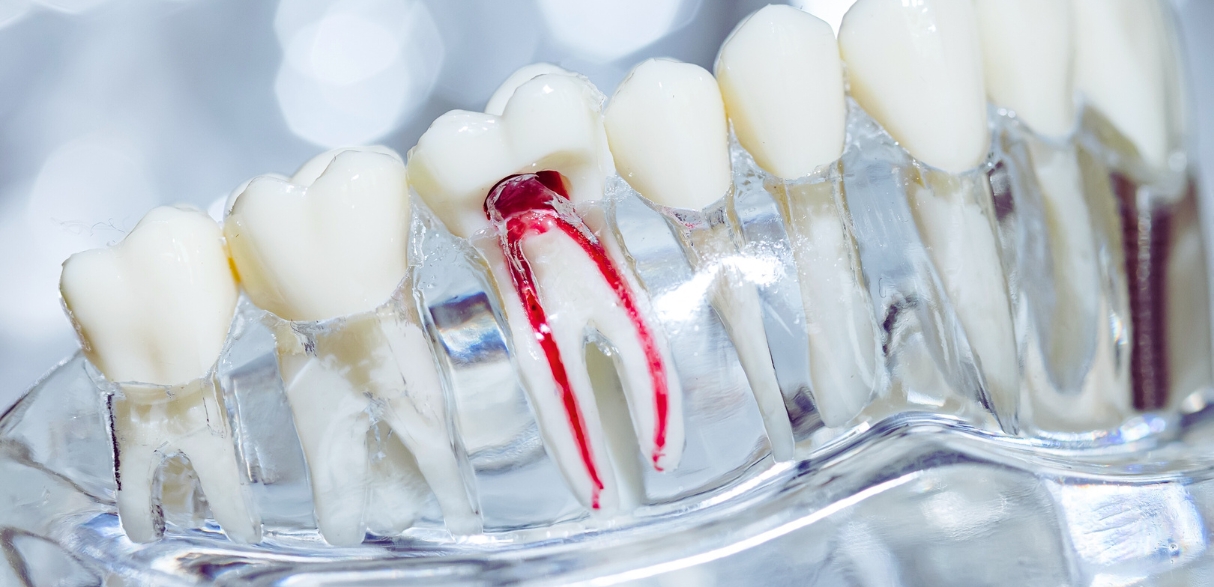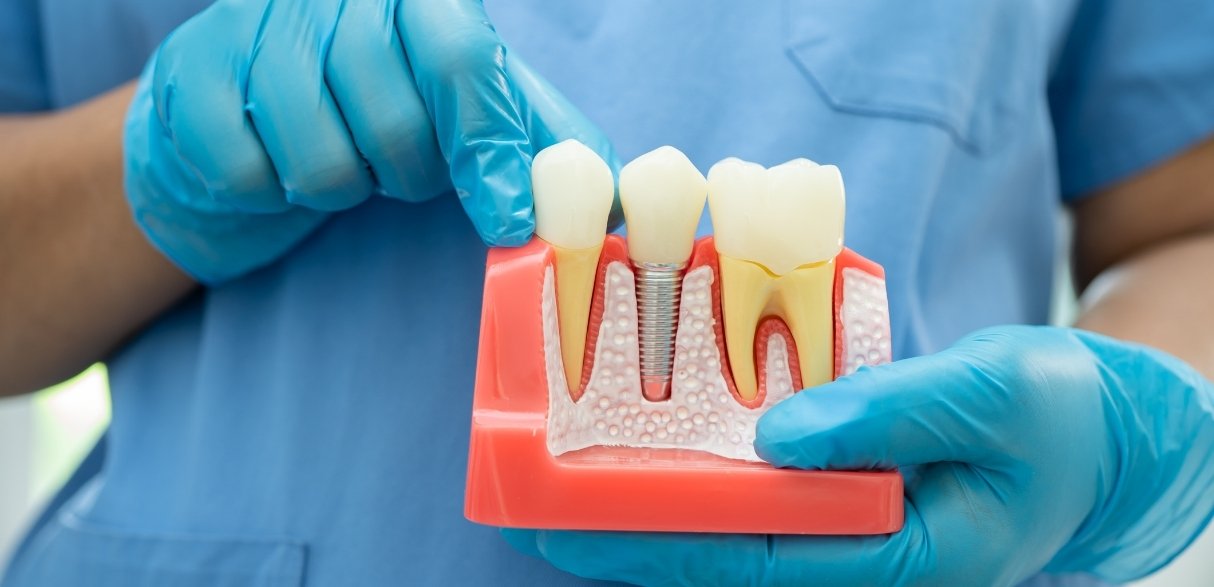
Old teeth hold stories to share—decades of early morning coffees, dinners that are perfect to leave behind stains, and smoking. But after decades, even the best teeth decay. For some elderly, a relentless toothache or extensive decay inspires a maddening dilemma: remove the tooth or attempt to save it through a root canal. It is not necessarily an easy decision, particularly when medical problems, drugs, or previous dental procedures enter the picture.
There are going to be people asking if it’s even worthwhile to save a natural tooth anymore. Others ask about the procedure. Reality? It depends. Dental care for the future of your life is not always strictly about having some old tooth cobbled together, but about as much as encouraging your comfort, your confidence, and your quality of life. Is it safe to undergo a root canal for seniors? Let’s dig in.
Shed Light on the Definition of an Aging Tooth
As we age, our teeth change radically. The enamel is thinner, so the teeth are more vulnerable to decay. Gums can recede and expose roots and make the teeth sensitive. And all the wear and tear of years can make them crack or break. All this contributes to the possibility that infection will spread to the pulp, the innermost part of the tooth, making procedures like root canals inevitable.
The Role of Root Canals
Root canal entails the removal of infected or inflamed pulp, disinfection of the inside of the tooth, and capping it to keep out infection. In elderly patients, treatment can be life-saving, saving natural teeth and keeping the mouth operational. However, each patient’s situation must be taken into account. Diabetes or osteoporosis, for example, may affect healing and outcomes.
Root Canal for Seniors: Is It a Viable Option?
Edmonton dentists usually prescribe root canals for seniors to preserve their natural teeth. The advantages are:
- Retention of Natural Teeth: Keeping your teeth ensures the jawbone and facial structure.
- Better Oral Function: Natural teeth have improved chewing efficiency over dentures.
- Better Quality of Life: Saving teeth can result in improved nutrition and overall health.
However, a proper oral checkup is required. These parameters such as the degree of decay, bone loss, and overall condition are responsible for determining whether a root canal is appropriate or not.
Beyond the Procedure: Post-Treatment Considerations
Post-root canal treatment care is also essential, especially for older people. Regular dental visits, oral hygiene, and the treatment of any other health or dental conditions can ensure that the treated tooth survives. Sharing with your dentist any medication or medical conditions may also allow for the treatment process to be tailored to meet your requirements.
Make an Informed Decision
Deciding to have a root canal is a big decision. It’s important to balance the advantages with possible dangers and take into account personal health situations. Having open communication with your dental health care provider can give insight and assurance to your choice.
Ready to hear about your possibilities? Make a consultation with an honest dental provider to discuss if a root canal is the optimal decision for you. Your journey towards optimal oral well-being begins with wise decisions.




